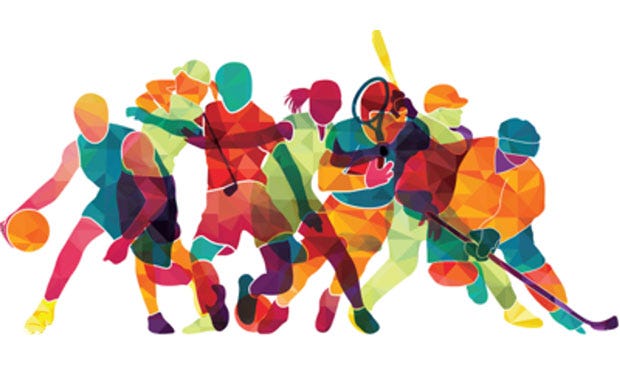journalofserviceclimatology.org – Sports have long been a powerful tool for fostering cultural exchange and strengthening international relations. From the ancient Olympic Games to modern international competitions, athletic events have brought people together across borders, promoting understanding, friendship, and cooperation. This article explores the multifaceted role of sports in cultural exchange and international diplomacy, highlighting its potential to bridge divides and build a more connected world.
Historical Perspectives
The history of sports is intertwined with the history of cultural exchange and international relations. The ancient Olympic Games, held in Greece as early as 776 BC, were a significant event that brought together athletes and spectators from various city-states, promoting peace and unity during the competition period.
Similarly, the modern Olympic Games, revived in 1896, have served as a global platform for nations to come together, celebrate their diversity, and compete in a spirit of friendship and respect. The Olympic Truce, a tradition that dates back to the ancient games, is a symbolic gesture that encourages conflict resolution and peace during the Olympic period.
Cultural Exchange Through Sports
Sports provide a unique medium for cultural exchange, allowing people from different backgrounds to share their traditions, values, and perspectives. International sporting events, such as the FIFA World Cup, the Rugby World Cup, and the Cricket World Cup, attract millions of fans and participants from around the globe, creating a melting pot of cultures.
Through sports, fans and athletes alike can learn about new cultures, languages, and customs. The exchange of ideas and experiences fosters mutual respect and understanding, breaking down stereotypes and building bridges between different communities.
Sports Diplomacy
Sports diplomacy is the use of sports as a tool to promote foreign policy objectives and strengthen international relations. Governments and international organizations often leverage sports to engage with other nations, enhance soft power, and address global challenges.
For example, the Sports for Climate Action Framework, launched by the United Nations Framework Convention on Climate Change (UNFCCC), encourages sports organizations to commit to climate action and promote sustainability. Similarly, the International Olympic Committee (IOC) has initiatives aimed at promoting peace, human rights, and social inclusion through sports.
The Power of Unity and Peace
Sports have the power to unite people and promote peace, even in the face of conflict. The 1995 Rugby World Cup in South Africa, for instance, played a pivotal role in the country’s post-apartheid reconciliation process. The national team, known as the Springboks, became a symbol of unity and hope, bringing together people from different racial and socio-economic backgrounds.
Similarly, the 2002 FIFA World Cup, co-hosted by South Korea and Japan, helped to heal historical tensions between the two nations, showcasing the potential of sports to foster goodwill and cooperation.
Conclusion
The role of sports in cultural exchange and international relations is profound and multifaceted. By bringing people together, promoting mutual understanding, and fostering peace and cooperation, sports serve as a powerful tool for building a more connected and harmonious world. As we continue to navigate the complexities of international relations, the potential of sports to bridge divides and promote global unity should not be underestimated.
